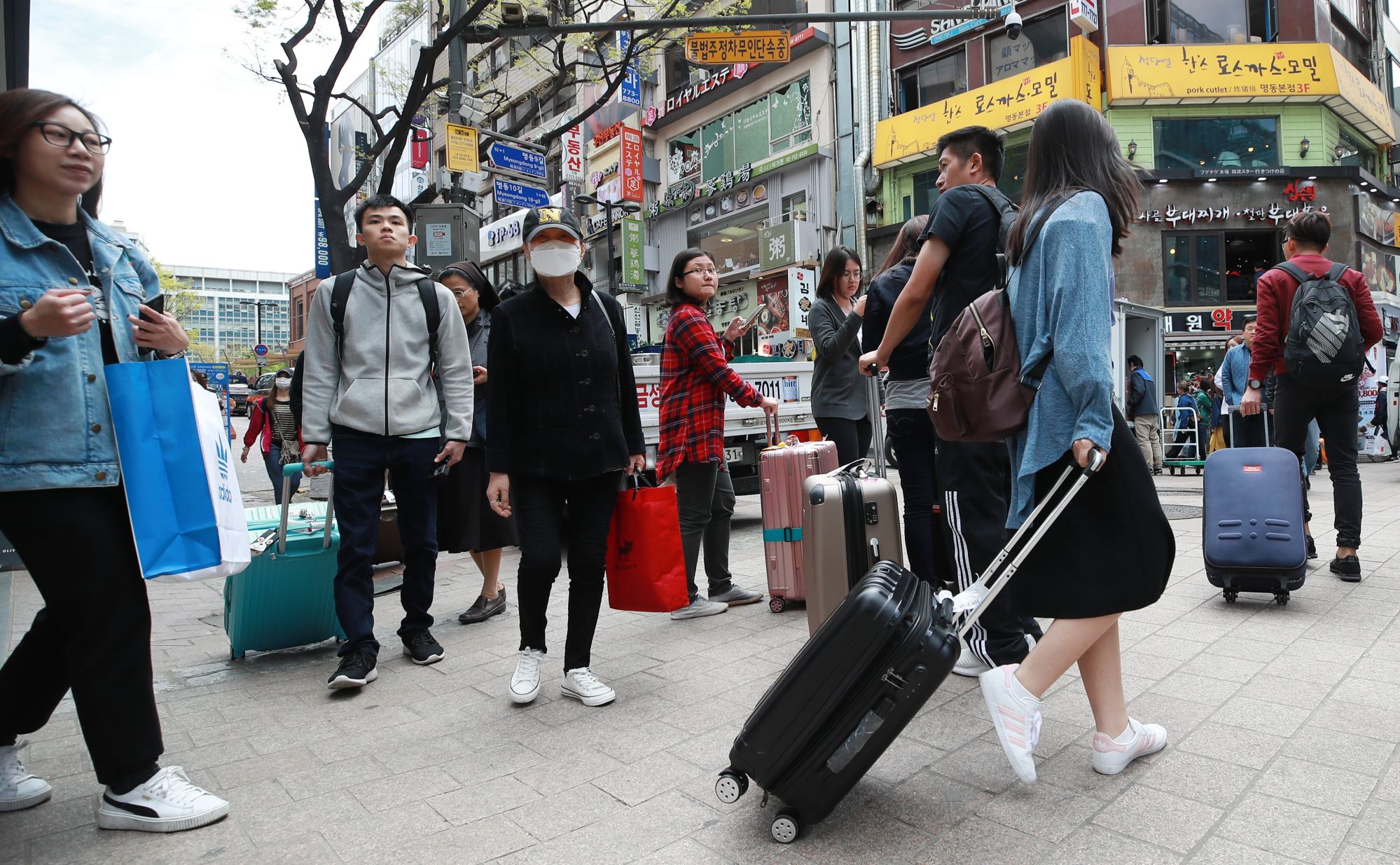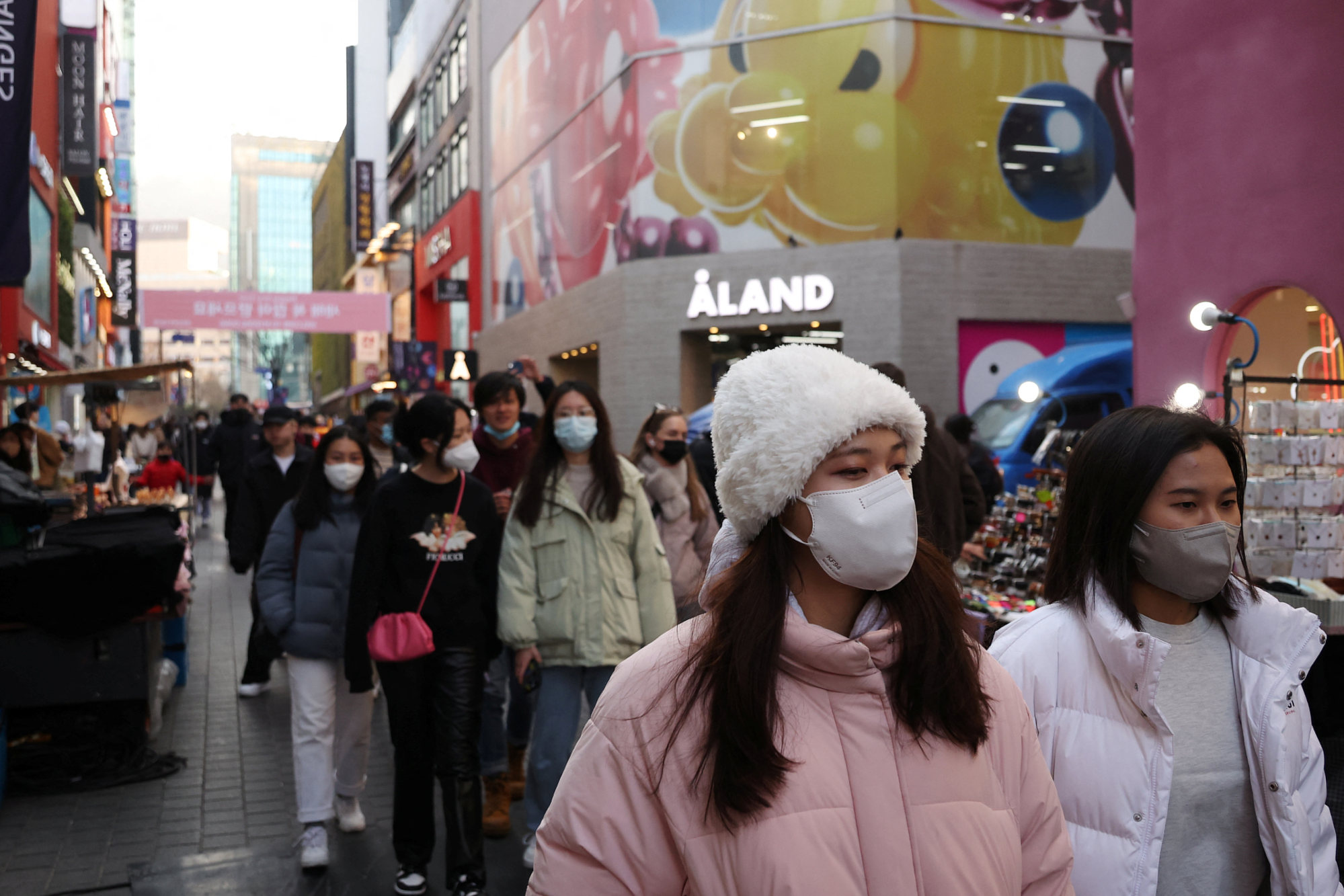South Korea’s capital city will step up its crackdown on unfair tourism practices – better known as “dumping tours” – to prevent them from hurting the city’s reputation as a popular tourist destination amid a surge in inbound tourists, the Seoul metropolitan government has said.
“Dumping tours” refer to package tours offered by travel agencies at unusually low prices, in which they usher tourists to stores and force them to buy overpriced products such as cosmetics, nutritional supplements and duty-free items.
Thailand enlists Chinese influencers to boost exports with ‘new ways of selling’
Thailand enlists Chinese influencers to boost exports with ‘new ways of selling’
Among 3,097 Seoul tourism packages sold on four major online platforms in China, a survey of the 100 lowest-priced revealed that 85 were suspected of promoting dumping tours. The products were identified as suspicious for including shopping in their itineraries and for having sales prices lower than the sum of airfare and stay expenses.
Of these 85 suspicious packages, 45 were confirmed to involve shopping trips six to eight times during the five-day, four-night tour schedule.
Typically, these tours employ unqualified guides or compensate guides with shopping-related incentives instead of wages, thereby incorporating numerous shopping trips into the itinerary.
The most frequently visited shopping sites through these travel products are duty-free shops and souvenir shops. Notably, tourist complaints have risen, particularly regarding the exorbitant prices of functional foods sold at souvenir shops.

To address this issue, the city government plans to exert comprehensive efforts in managing the quality of tourism in Seoul by implementing strict pre-emptive measures and responses against various unfair practices, including dumping tours.
As a preliminary measure, the city will share the survey results with the Ministry of Culture, Sports and Tourism and the Chinese embassy in Seoul to prevent the domestic proliferation of dumping tours.
The city government has requested the ministry’s cooperation in preventing travel agencies, especially those targeting tour groups, from distributing such tours. Additionally, they aim to inform the Chinese embassy of the situation, urging sanctions against unfair tourism industry practices under Chinese laws.
As a follow-up measure, the city will expand reporting centres for illegal tourism activities and crack down on various illicit and unfair practices through the ombudsman system. The ombudsman system will play an active role in mediation, arbitration, pre-monitoring and investigations.

The city government will also crack down on unqualified tour guides at popular foreign tourist destinations, including Myeongdong and Yeouido.
It also aims to prohibit using social media to sell tour programmes that do not involve a domestic travel agency or a tourism interpreter.
“We will collaborate with the tourism industry and related organizations to eradicate illegal practices and establish fair tourism,” said Kim Young-hwan, the director general of the Tourism and Sports Bureau at the city government.
According to the Korea Tourism Organization, more than 11 million tourists visited South Korea in 2023, a 245 per cent increase from the previous year.
This article was first published by The Korea Times

